Brain-inspired computers operating at the speed of light

A car, a home, and a wristwatch, all of them seem to be “smart” today. This intelligence runs on computing, which lately made the headlines for being scarce to obtain.
How Aho and Ullman slayed the Dragon
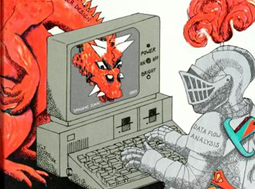
Alfred Aho and Jeffrey Ullman received the 2020 A.M Turing Award for their contributions to computer science. Let’s explore how their contributions have shaped the principles, techniques and tools for writing compilers.
Evening of the Turing Award

The Turing Award of 2020 was awarded to Alfred Vaino Aho, from Columbia University, and Jeffrey David Ullman, from Stanford University, whose work has contributed greatly to the way computers are controlled.
Enigma: a complexity titan
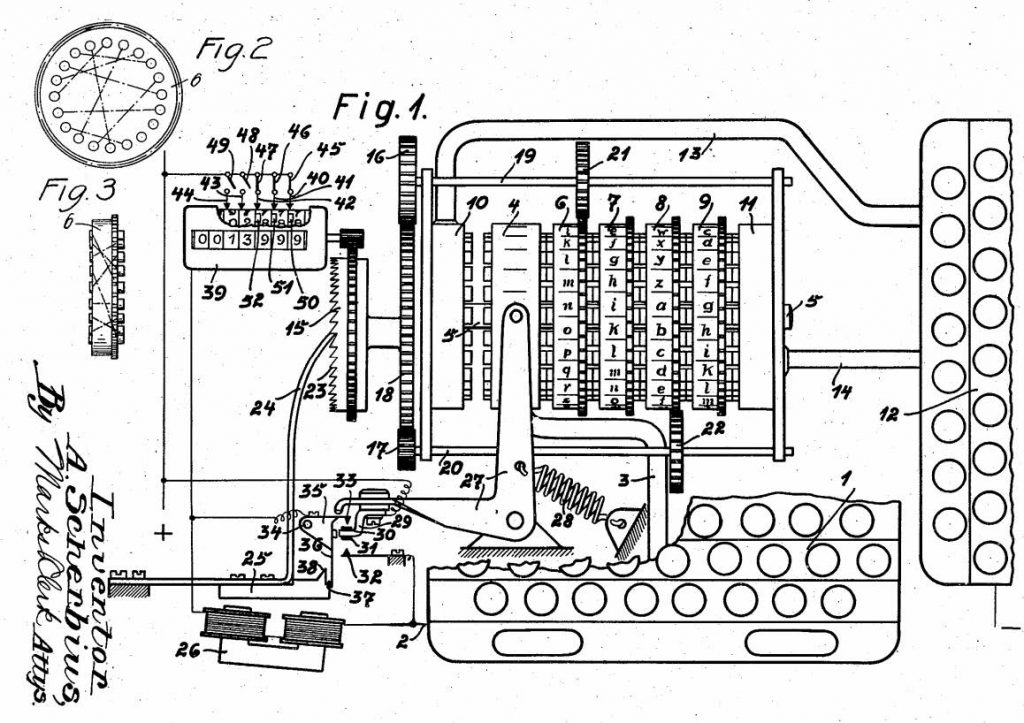
In times of war, secure communication can be the difference between life and death, or even winning or losing a war. The first to patent a rotor machine in Europe was Arthur Scherbius in 1918. Scherbius’ version of the rotor machine became a commercial success, unlike the other patented machines. Scherbius named his machine Enigma.
Royal distinction for Professor Ton Koonen
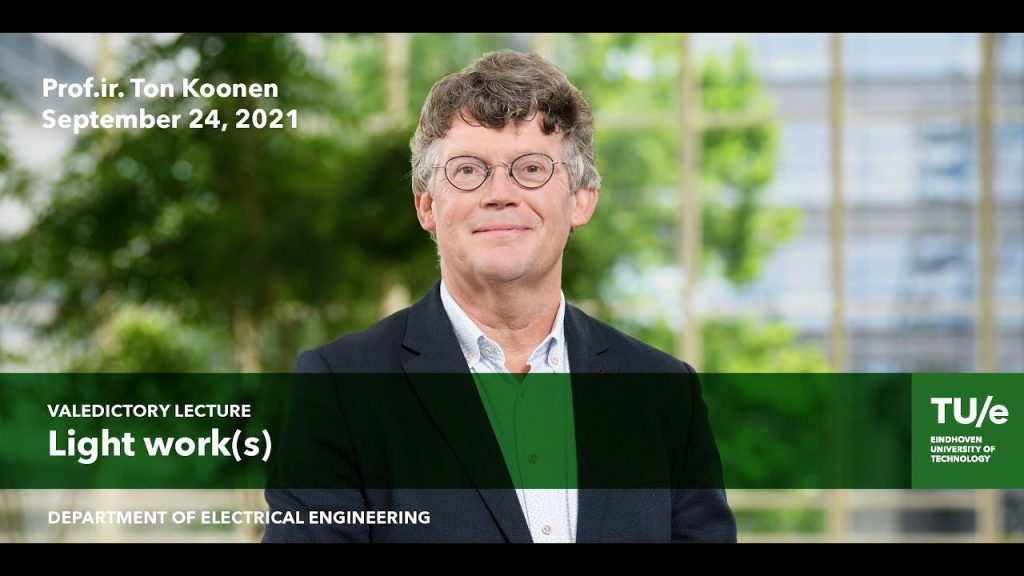
On Firday 24th of September Professor Ton Koonen received a royal distinction during the symposium Optical Networks preceding his valedictory lecture.
Secrets of numbers
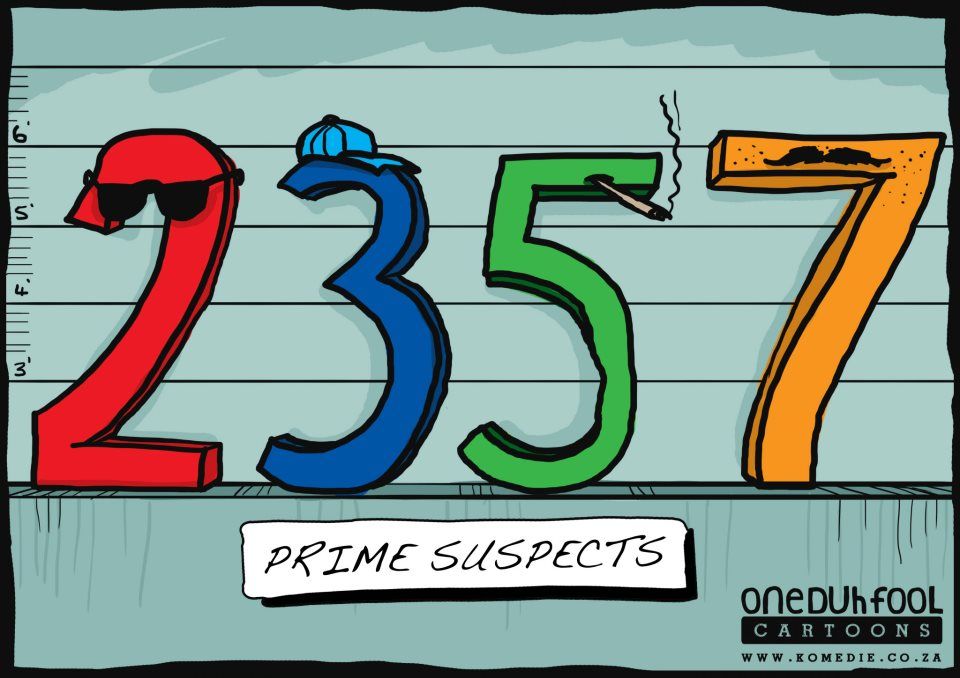
Numbers are just amazing, as a child numbers are one the first things you learn. You try to count as far as possible, the first goal is to reach 10, then 20, then 50, finally you reach 100. Thanks to our computers you can find many cool things about large numbers!
How parallel computing can be (in)efficient
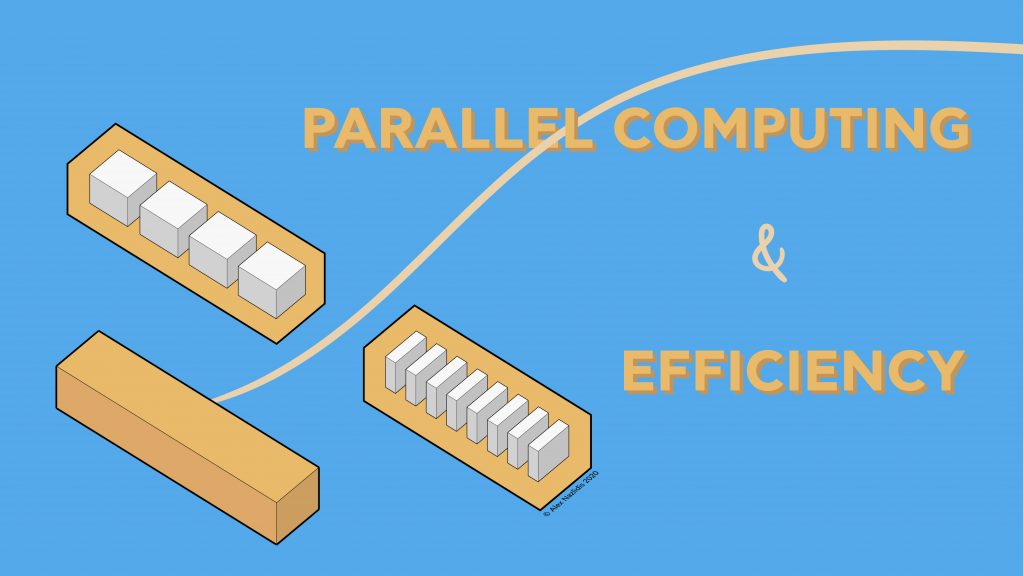
Today, we demand much more from our devices and we take for granted that they all work nice and fast. Without realizing, we usually greatly value a speedy processing of our tasks. Speed is thus of the essence, but how do current-day devices cope with this? The answer: your devices can multi-task.
